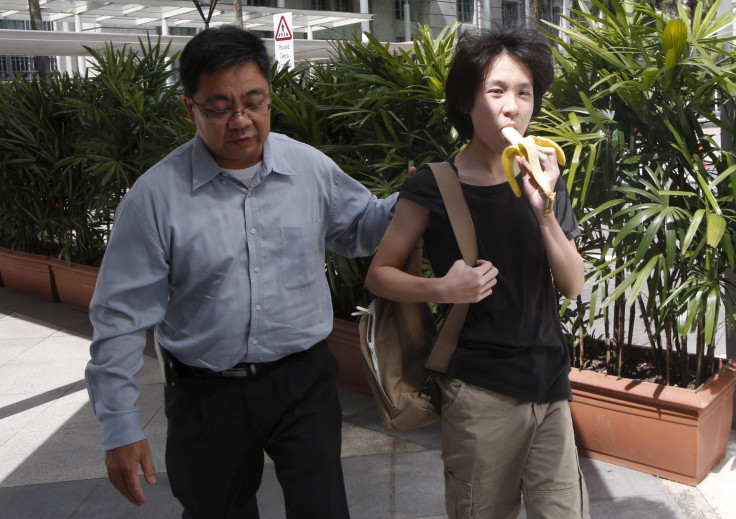Amos Yee, Singaporean Teen Blogger, Awaits Court Ruling For Posting Controversial Video On Lee Kuan Yew

More than a month after being charged for disparaging the late Lee Kuan Yew and Christianity, 16-year-old teen blogger Amos Yee awaits a court ruling on Tuesday. If found guilty, Singapore's Yee could face up to three years in prison.
The teenager had posted a YouTube video, calling the country's founding father a “horrible person,” five days after Lee's death. He compared him to Jesus Christ and referred to Christians as “power hungry and malicious" and people who "deceive others into thinking that they are compassionate and kind." Yee was later arrested, and charged with transmitting an obscene image and deliberately "wounding the religious or racial feelings of any person."
He reportedly shared the blog with the provocative site The Real Singapore, which was shut down earlier this month by the government’s Media Development Authority (MDA). However, authorities reportedly said that the site was taken down for unrelated reasons.
Yee's case has focused attention on the limitations of free speech in the cosmopolitan city-state.
"These are the things that will split the whole society," Alvin Tan, who as artistic director of the theater company The Necessary Stage has dealt with censors for over three decades, said, according to the Associated Press (AP). "I think we're waiting for a tipping point."
For years, Singapore's government has aggressively protected its image and authority with legal actions both against domestic and international critics. However, many believe Yee's case stands out as he was targeted by prosecutors for a strongly-worded video.
Last fall, a film about political exiles, "To Singapore, With Love," was banned by the MDA. Lawrence Wong, Singapore's minister for culture, community and youth, reportedly said the film "was deemed to be a real distortion of what happened in Singapore's history, but disguised as a documentary.
"Freedom is not unfettered freedom. There are some limits. And the limits are put out there quite clearly," Wong said, according to AP, adding that authorities intervene only when the government is concerned that speech will upset "social stability."
© Copyright IBTimes 2025. All rights reserved.





















